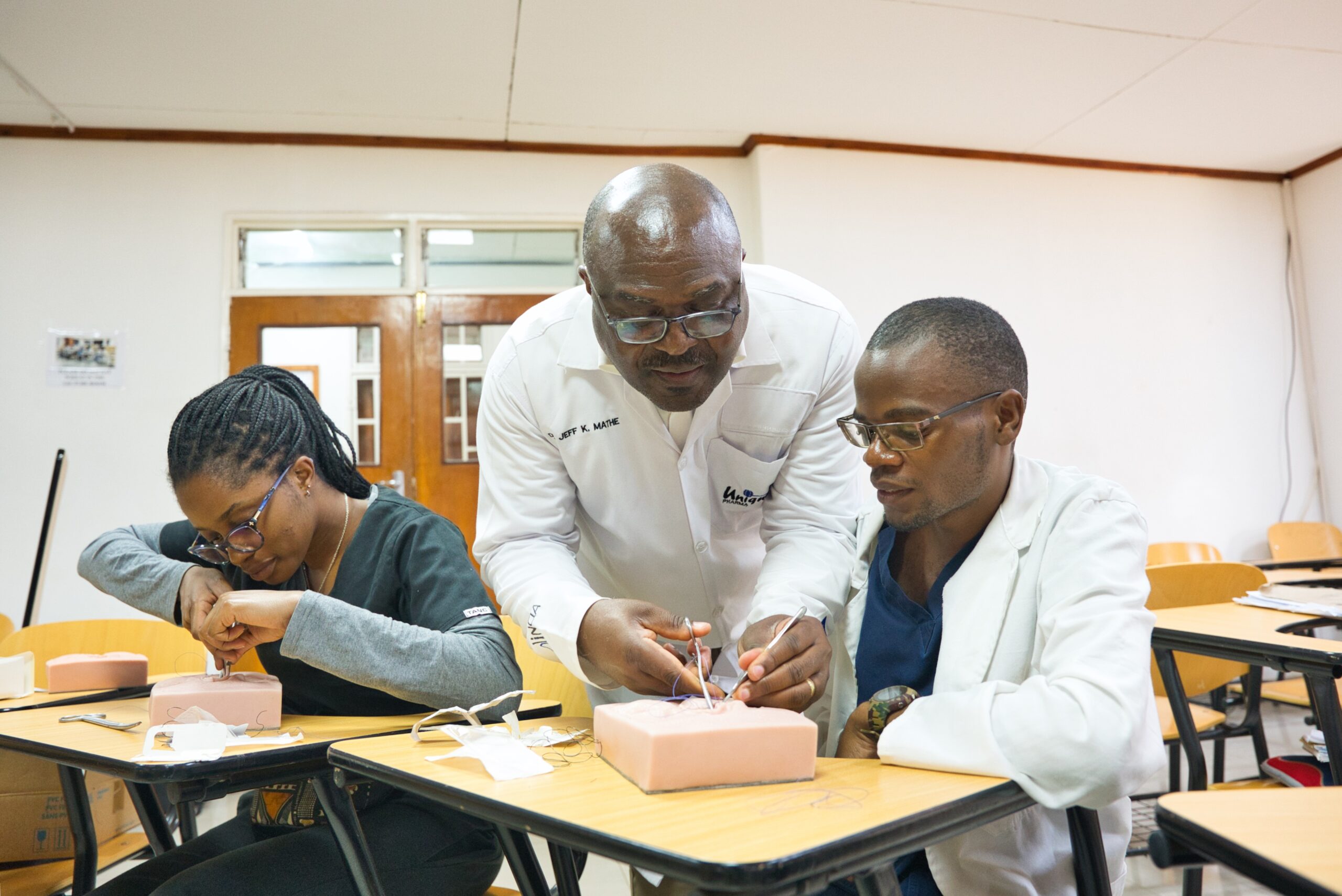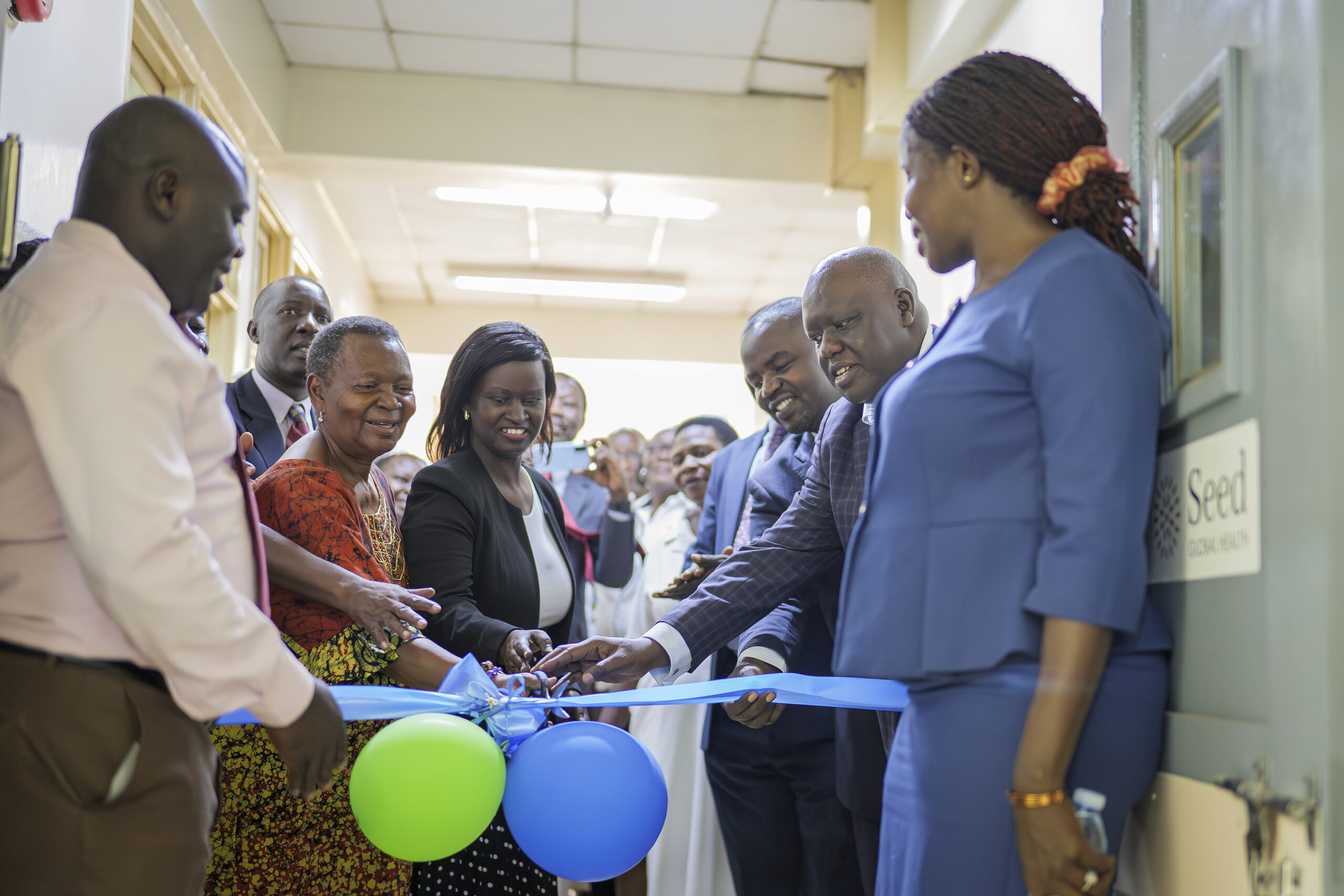
Abbott and Seed Global Health Partner to Support Health Workers and Expand Access to Care in Malawi
New partnership aims to build a resilient health workforce to advance maternal and child healthcare
Abbott and Seed Global Health (Seed) announced today the launch of a new partnership to train and support highly skilled health workers to help advance maternal and child health in Malawi.
With Abbott’s support, Seed will collaborate with Kamuzu University of Health Sciences (KUHeS) to establish a Maternal Health Center of Excellence at Queen Elizabeth Central Hospital over the next two years. Located in Malawi’s commercial capital of Blantyre, the center will provide high-quality training and education in obstetrics, gynecology and midwifery, implementing best practices in maternal and child healthcare.
“This partnership will not only enhance the skills of doctors and midwives in Malawi so they can provide high quality care to mothers and children, it will also be a game changer over the long-term by helping to build a sustainable, empowered health workforce, which is important to help economic and climate security globally. Together with Abbott’s partnership and shared vision, we’re building the health workforce of the future. Because health workers save lives,” said Seed CEO Dr. Vanessa Kerry.
“The foundation of a strong health system is built on a resilient workforce of physicians, nurses and other health professionals, and we’ve seen how supporting their essential work can transform healthcare around the world,” said Melissa Brotz, president of Abbott Fund and vice president of Global Marketing and External Affairs at Abbott. “Expanding access to care through partnership is a key focus for Abbott, and our work with Seed will provide health workers with the training and support they need to deliver high-quality care to improve the lives of more people.”
In Malawi, there is an alarming scarcity of medical specialists dedicated to maternal and child health in the public sector, with only 21 pediatricians, 30 obstetrician-gynecologists and eight family medicine doctors serving the Southeast African country’s population of more than 21 million. Despite 91% of deliveries occurring in health facilities, the maternal mortality ratio remains high at 349 per 100,000 live births. The leading causes of maternal deaths are obstetric hemorrhage, hypertensive disorders in pregnancy, sepsis and HIV-related complications, all of which are preventable or treatable when handled by a skilled health professional.
To better understand and address the major gaps in maternal and child healthcare, the partners will collaborate to assess needs and develop a multi-year plan to transform the current Chatinkha Maternity Unit at Queen Elizabeth Central Hospital into a center of excellence. The Department of Obstetrics and Gynecology at Kamuzu University of Health Sciences will serve as a pipeline for sending students to the center of excellence for training and mentorship.
Through the partnership, Seed also will assist the Ministry of Health and local partners in their mission to build a climate-resilient health workforce, ensuring the continuity of critical services for mothers, newborns and children. According to the World Bank, Malawi faces significant climate-related challenges that impact health. Changes in temperature and precipitation patterns affect the geographic range and burden of a variety of health risks, while impacting the functioning and capacity of Malawi’s health system.
Seed has worked in Malawi in direct partnership with the government for over a decade to educate doctors, nurses and midwives and address the communities’ diverse and specific health needs. The majority of Seed’s programs across Malawi focus on strengthening maternal, newborn and child health. Seed and its partners are building a network of highly skilled health providers who save more lives each day and create a ripple effect of high-quality healthcare for all Malawians.

